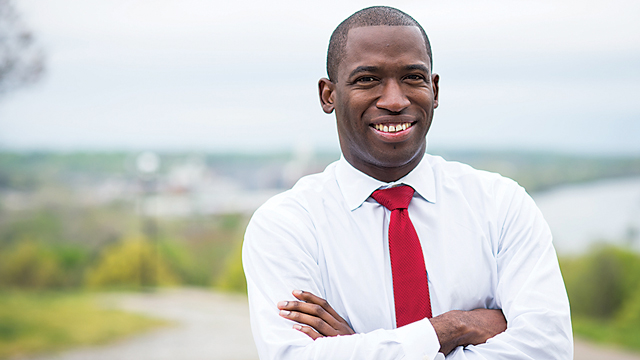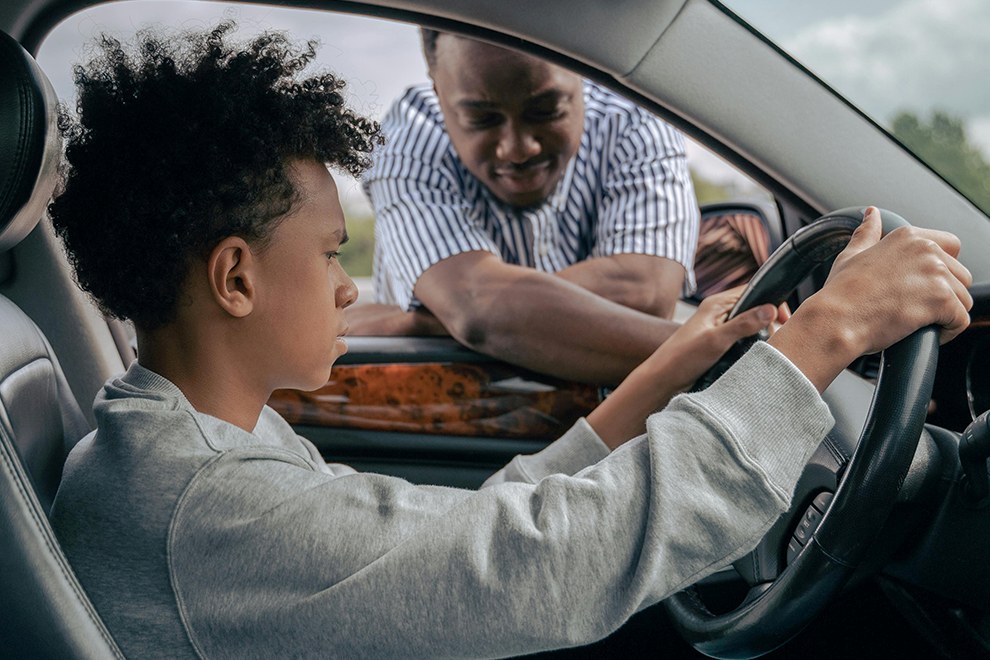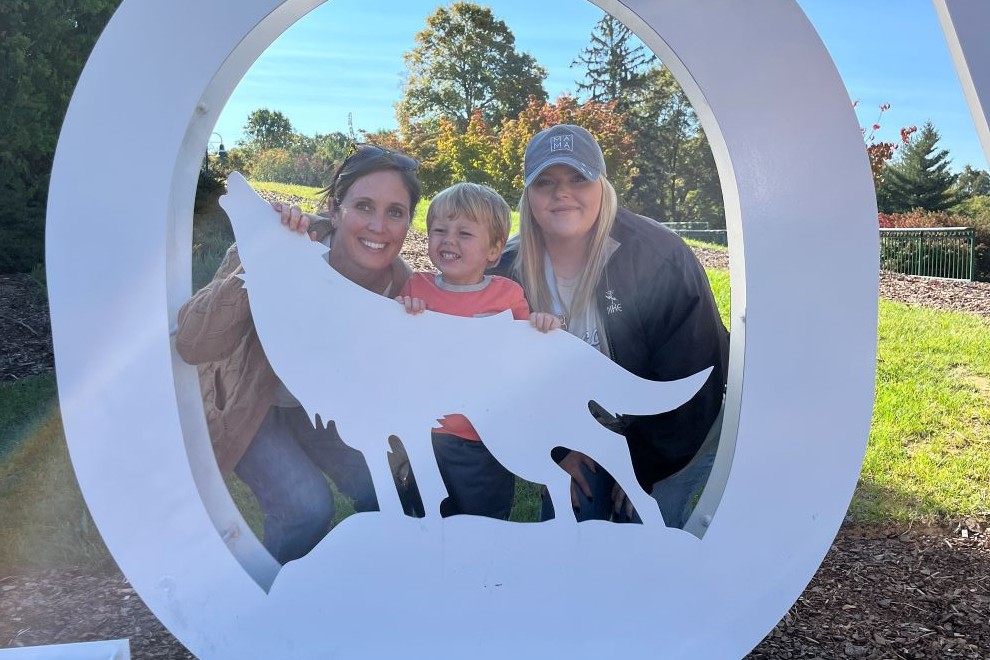A new year is upon us, and new leaders are taking office at the federal and local levels. At the state level, our elected officials are the same, but the state faces a sizeable revenue shortfall. What does this new landscape mean for Virginia’s children and families?
Richmond Landscape:
Levar Stoney takes office this month as Richmond’s new mayor, and there are many new members of city council and the Richmond school board. Quite a few of these newly elected officials visited Richmond nonprofit organizations that hosted get-to-know-us events last fall. The candidates learned about their work and the needs of the city’s children and families in the areas of early childhood, mental health, parenting, and out-of-school time.
These needs are extensive, given that 39 percent of the city’s children are growing up in poverty, and one quarter of the city’s children live in deep poverty (below 50 percent of the federal poverty level, or $12,125 a year for a family of four).
Mayor Stoney emphasized his focus on children. “I’m raising my hand to say, ‘Hold me accountable.’ I believe the ticket for the City of Richmond to get to the next level is through public education, and giving confidence to parents that they can actually live in the city and raise their kids here,” Stoney says. “The children of the city are far too important to ignore. I’m going to lay it all on the line for them.”
Virginia Landscape:
Virginia faces an approximately $1.5 billion revenue shortfall, meaning the General Assembly is looking at difficult decisions about how to balance the state’s budget. What does that mean for children and families?
Cuts in spending are coming, and some are likely to have an impact on services for vulnerable kids. That means some of the progress made for children with mental health disorders and youth in foster care could now be reversed.
Specifically, the state budget calls for an additional $1.75 million to be added in July to expand mental health services for children in crisis. Funds allocated in previous years by the General Assembly have allowed St. Joseph’s Villa, in partnership with the region’s community services boards (public mental health agencies), to operate a crisis stabilization unit for kids who are experiencing a mental health emergency. The program treats kids and their families from all over the Richmond area, often enabling them to avoid psychiatric hospitalization. Because the demand for these and related services has increased, it might be considered prudent to expand the program to serve more children, but budget cuts could put those plans in jeopardy.
Another important program that is at risk is Fostering Futures, which helps youth who age out of Virginia’s foster care system at age eighteen without having been adopted or reunited with their families of origin as they transition to adulthood. Advocates like Sophia Booker (highlighted in RFM, April 2016) fought so these youth would not be cut off from their foster families, legal support, or housing assistance when they reached the age of eighteen. The General Assembly approved the program last year and its $1.5 million expense for 2018, and youth began enrolling last July.
The program allows youth like Val (not her real name) to continue to have a permanent home with her foster family in Waynesboro while she attends VCU, including a stipend that helps her pay for travel expenses, toiletries, and other living expenses. For the roughly 500 youth who age out of Virginia’s foster care system every year without permanent family connections, this ongoing help allows them to get on a secure path to independence.
Federal Landscape:
A great success in child advocacy over the past two decades has been the increasing number of children enrolled in health insurance, providing preventive and sick care so that they can grow up healthy and able to succeed in school. In Virginia, 94 percent of children are enrolled in some type of health insurance. These gains are largely due to Medicaid and the Children’s Health Insurance Program, called FAMIS in Virginia, which are federal-state partnerships that provide coverage for children in low-income families. Nearly 600,000 Virginia children have health insurance through Medicaid and FAMIS.
President-elect Trump and leaders in Congress have revived the idea of making Medicaid a block grant. This means that health insurance for low-income children – as well as individuals who are aged, blind, or disabled – would no longer be an entitlement, but a program with capped expenditures. Because health care costs grow faster than general inflation rates, the caps on these programs mean that in the near future, the federal funding for Medicaid would be inadequate to meet the needs of the people covered. States would either have to pay the difference from their own budgets (difficult since state budgets must be balanced, unlike the federal budget), or they would have to make cuts. These reductions would mean that significantly fewer children and/or individuals with disabilities would have health insurance.
What Can You Do?
It’s an important time to become a child advocate. Here’s how to get started:
• Write, email, or call your Virginia delegate and senator, and your U.S. congressperson and senators to let them know your views. Find out who they are by entering your home address here: whosmy.virginiageneralassembly.gov.
• Write a letter to the editor of the Richmond Times-Dispatch, highlighting a local, state, or federal issue affecting children and families you care about. Go to richmond.com and click on the “Opinion” tab. You will see a link to “Submit your letters.”
• Visit the website of Voices for Virginia’s Children (vakids.org) or other organizations you care about to find talking points. On the Voices for Virginia’s Children site, under the “Take Action” tab, you will find tools for advocates. Many organizations have similar resources.
Photo: Darryl Wingo





